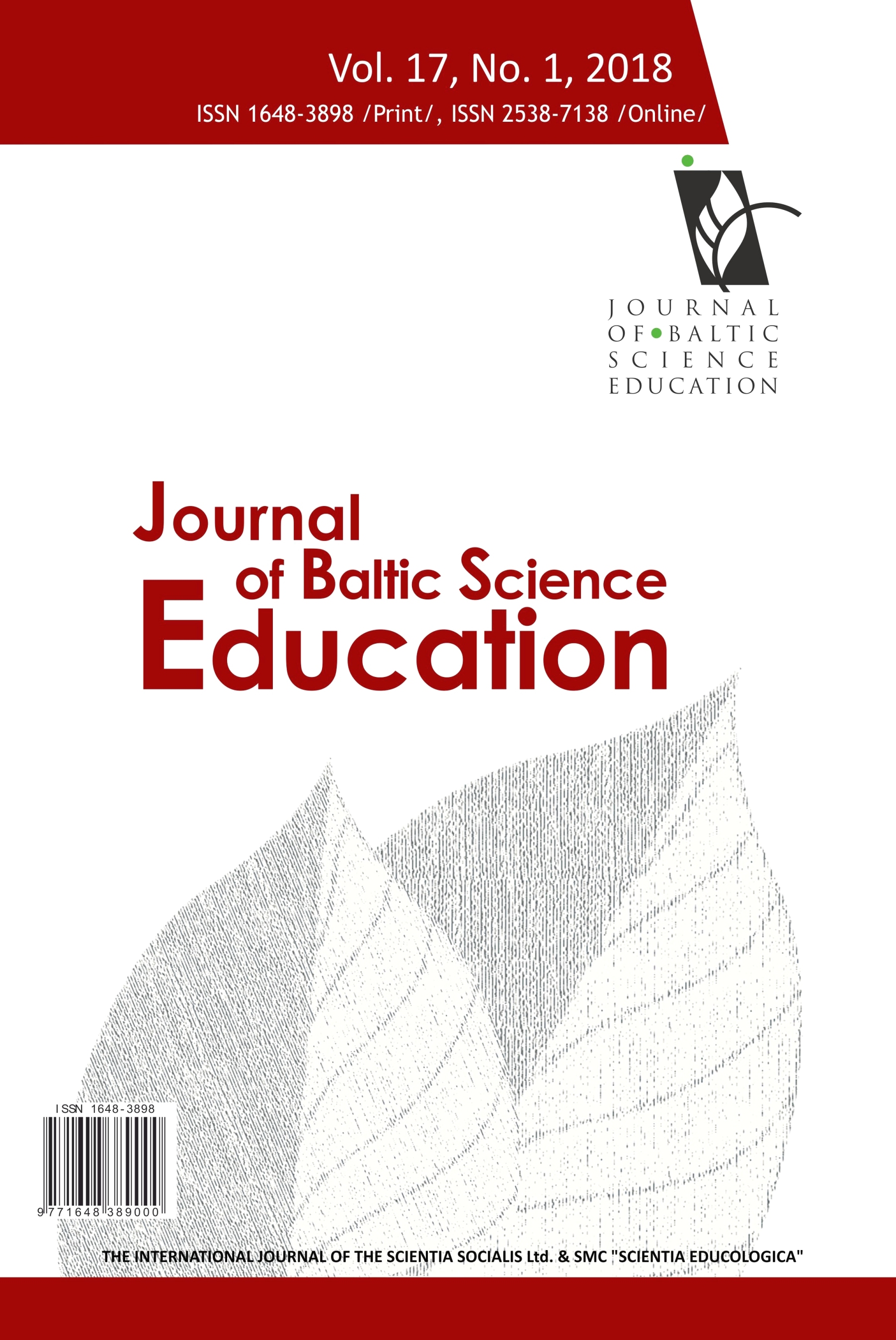CONCEPT FORMATION: PHYSICS TEACHER AND HIS KNOW-HOW AND KNOW-WHY
CONCEPT FORMATION: PHYSICS TEACHER AND HIS KNOW-HOW AND KNOW-WHY
Author(s): Peter DemkaninSubject(s): Social Sciences, Education, School education
Published by: Scientia Socialis, UAB
Keywords: physics education; thinking processes; concept formation;
Summary/Abstract: Physics education is an easy job, making people happy. It is an easy job for all, including teachers and learners. Do you agree? I do, but probably it is good to try to discuss these words somehow in details. Quite often we see, even in our Journal, research results proving that Physics is not so popular. Physics courses require thinking, using correct words, not making too much algebra and calculation mistakes, using arguments. Really, a reasonable portion of pupils does not find Physics lessons as a source of happiness. What to do with these pupils, their teachers and the content they are taught? Neuroscientists, like M. Lieberman, are converging to interesting ideas: “Teachers are losing the education war because our adolescents are distracted by the social world. Naturally, the students don’t see it that way. It wasn’t their choice to get endless instruction on topics that don’t seem relevant to them. They desperately want to learn, but what they want to learn about is their social world - how it works and how they can secure a place in it that will maximize their social rewards and minimize the social pain they feel. Their brains are built to feel these strong social motivations and to use the mentalizing system to help them along. Evolutionarily, the social interest of adolescents is no distraction. Rather, it is the most important thing they can learn well.” (Lieberman 2013, p.282)
Journal: Journal of Baltic Science Education
- Issue Year: 17/2018
- Issue No: 1
- Page Range: 4-7
- Page Count: 4
- Language: English

